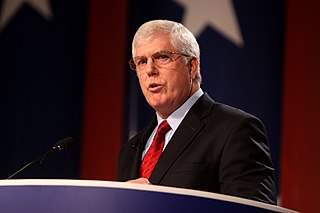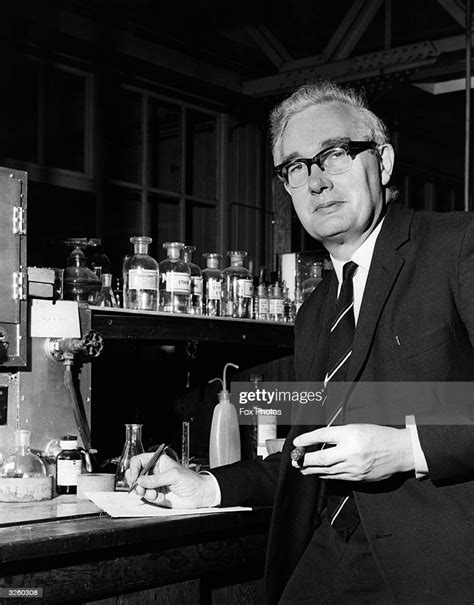A Quote by Luther Burbank
Science, which is only another name for truth, now holds religious charlatans, self-deceivers and God agents in a certain degree of check--agents and employees, I mean, of a mythical, medieval, man-made God, anthropomorphic in constitution.
Related Quotes
Common to all these types is the anthropomorphic character of their conception of God. In general, only individuals of exceptional endowments, and exceptionally high-minded communities, rise to any considerable extent above this level. But there is a third stage of religious experience which belongs to all of them, even though it is rarely found in a pure form: I shall call it cosmic religious feeling. It is very difficult to elucidate this feeling to anyone who is entirely without it, especially as there is no anthropomorphic conception of God corresponding to it.
Only a law-order which holds to the primacy of God's law can bring forth true freedom, freedom for justice, truth, and godly life. Freedom as an absolute is simply an assertion of man's "right" to be his own god; this means a radical denial of God's law-order. "Freedom" thus is another name for the claim by man to divinity and autonomy. It means that man becomes his own absolute.
People are very good [at] thinking about agents. The mind is set really beautifully to think about agents. Agents have traits. Agents have behaviors. We understand agents. We form global impression of their personalities. We are really not very good at remembering sentences where the subject of the sentence is an abstract notion.
God must have been engaged from the beginning, and must now be engaged in progressive development, and infinite as God is, he must have been less powerful in the past than he is today.... We may be certain that, through self-effort, the inherent and innate powers of God have been developed to a God-like degree. Thus he has become God.
Here is an eternal truth. Life cannot be divided into compartments in some which God is involved and in others of which he is not involved... The fact is that God does not need to be invited into certain departments of life, and kept out of others. He is everywhere, all through life and in every activity of life. He hears not only the words that are spoken in his name; he hears all words; and there cannot be any such thing as a form of words which evades bringing God into any transaction. We will regard all promises as sacred if we remember that all promises are made in the presence of God.
The only answer to this, and it isn't an entire answer, said Father Travis, is that God made human beings free agents. We are able to choose good over evil, but the opposite too. And in order to protect our human freedom, God doesn't often, very often at least, intervene. God can't do that without taking away our moral freedom. Do you see? No. But yeah. The only thing that God can do, and does all of the time, is to draw good from any evil situation.
Feuerbach ... recognizes ... "even love, in itself the truest, most inward sentiment, becomes an obscure, illusory one through religiousness, since religious love loves man only for God's sake, therefore loves man only apparently, but in truth God only." Is this different with moral love? Does it love the man, this man for this man's sake, or for morality's sake, for Man's sake, and so-for homo homini Deus-for God's sake?
He who has spent billions on churches, on mosques and on every kind of sanctuaries is guilty of not giving that money to the science! The path of sanctuary does not lead to God; the path of the faith does not lead to God; only the path of science leads to God! The bridge between man and the unknown God is not worshipping but it is science, only the science!
There are cultures in which it is believed that a name contains all a persons mystical power. That a name should be known only to God and to the person who holds it and to very few privileged others. To pronounce such a name either ones own or someone else's is to invite jeopardy. This it seemed was such a name.
By His gracious condescension God became man and is called man for the sake of man and by exchanging His condition for ours revealed the power that elevates man to God through his love for God and brings God down to man because of His love for man. By this blessed inversion, man is made God by divinization and God is made man by hominization. For the Word of God and God wills always and in all things to accomplish the mystery of His embodiment.






































